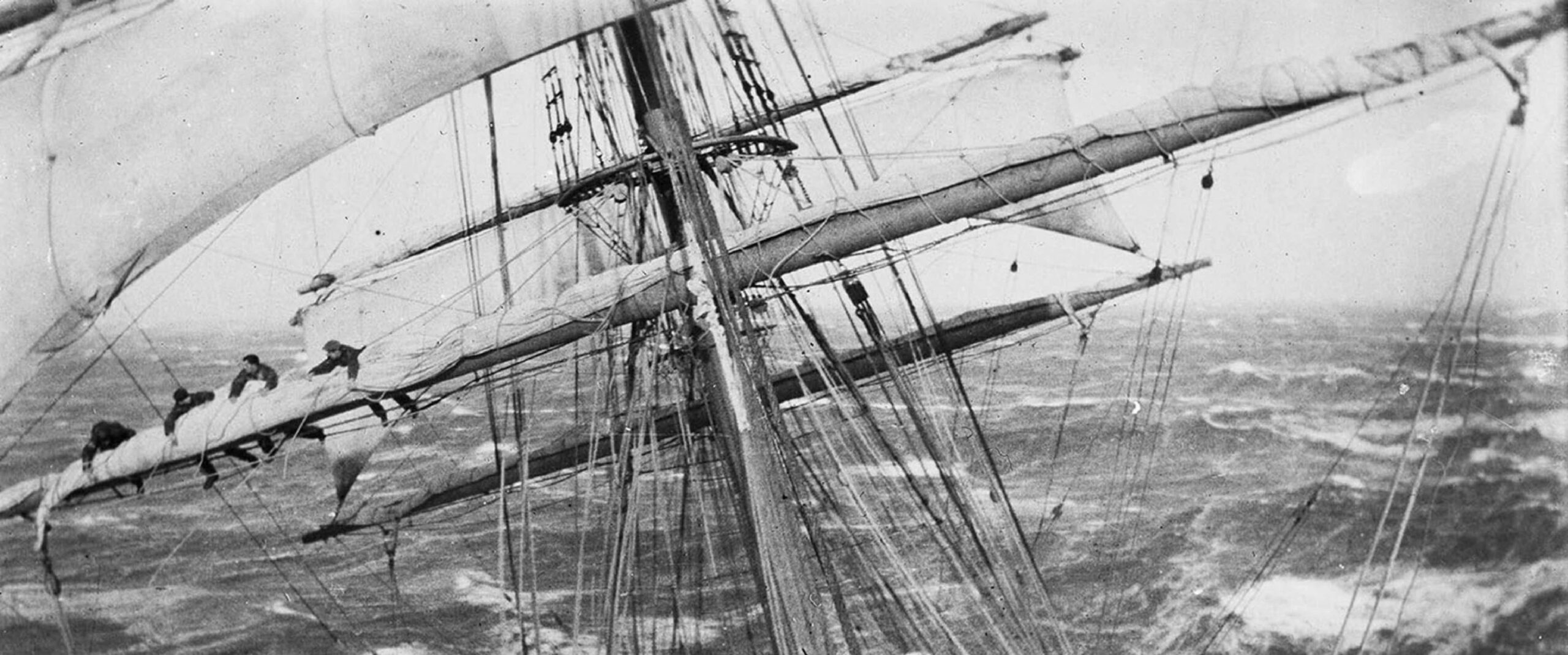
There’s a lot to be said for Active Leadership.
In fact, an awful lot is said, with constant emphasis on action, energy, boldness & courage, especially in western business culture, where these attributes are highly valued in business and rewarded by recruiters and senior managers alike.
Good leaders in any culture realize that there is another side to activity and action.
That’s when you choose to not be active.
When you choose to wait…
When you choose to be patient…
Leaders can sometimes feel they must continuously impose new directions on their teams, especially when results are not coming. Constantly changing or adding objectives can also cause confusion, distraction and loss of motivation. It can make things worse.
Discipline is not just for team members.
Courage isn’t just in taking bold decisions or charging over the hill. Courage can also be in waiting for the best moment, or allowing the team the time to finish the job. Time to learn.
Good leaders understand this balance, between pushing and waiting, though it can be misunderstood.
There are many positive words (in English at least) for aggression, action, energy, confidence, impatience etc. There are almost none which positively or accurately describe the act of waiting in order to achieve the best outcome.
A good example is when you want to grow a plant. Once you have given the plant the right conditions including sunlight, soil, water and fertilizer, what do you do? You leave it alone! Any gardener knows this is the best way to ensure the growth of the plant.
Leaders need the same discernment.
What word do you use to describe this necessary time?
Patience? waiting? Leaders should remember and value such words.
“Courage can be.. in allowing the team the time to finish the job..”
There’s a term in Chinese called Wu Wei which can be translated as “inaction” – not a popular term in the leadership industry.
It is used as a name of a very old concept known as “doing by not doing”, again mostly misunderstood in the west. A better translation could be “doing without forcing”.
Whether you call it Wu Wei, or Patience, or just waiting, honing the skill of “doing without forcing” is an important part of a leader’s development.
When you have a new idea, or a new project, do you think about when is the best time to introduce it to your team, or just add it to their list immediately and leave it to them to sort out how to do it?
When an objective is not being met, do you change it to another or allow more time to get there?
In meetings, do you automatically interrupt when you have an idea, or take note of it and bring it in at a better time.

Leaders also need the patience to let their team do their job.
Do you give your team enough time to think over a new idea before you take action on it?
In all of these there is no single right answer, but the practice of waiting – to let the seed grow by itself – should always be considered.
Patience is a virtue.. but it also takes practice..

Fantastic site. Lots of helpful info here. I am sending it to several pals ans additionally sharing in delicious. And naturally, thank you in your effort!